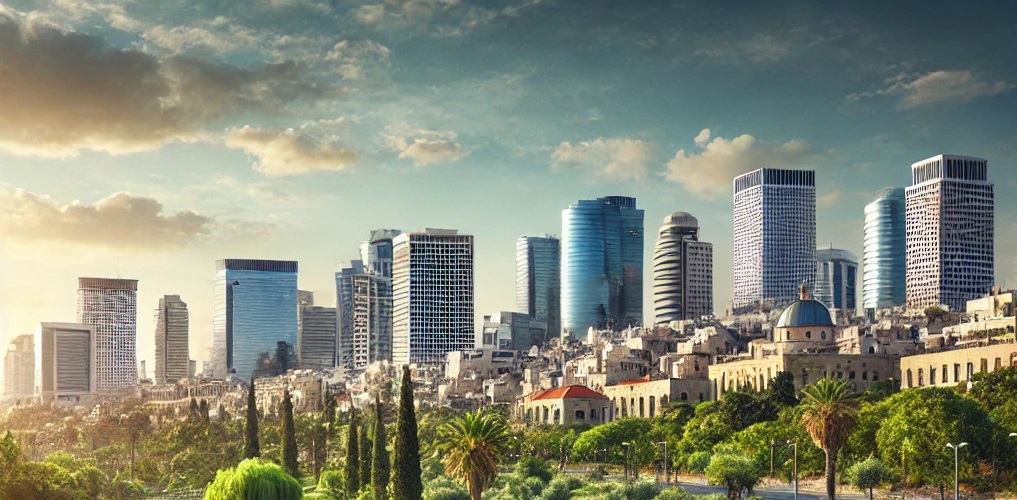A United Israel: Envisioning a Stronger Society and Economy After Conflict
After prolonged conflict, Israel stands at a pivotal point, ready to mend the societal divides and strengthen national values. Historical instances have shown that post-crisis periods often usher in renewed solidarity and a rejuvenation of unity values. Particularly during times of crisis, the Israeli people are known for their ability to unite around a common goal and build a strong, resilient society. The aftermath of conflict may lead to reconciliation processes between different sectors, including religious and secular, right and left, reviving a sense of partnership aimed at securing the nation’s future.
Many economies have strengthened post-war due to structural changes and industrial renewal. Wars necessitate significant investment in infrastructure rehabilitation, leading to large governmental projects and renewed growth. Post-conflict, Israel is expected to enter a period of accelerated economic growth, which will include:
- Infrastructure Investments: Rehabilitating infrastructure such as roads, transportation, communication, and energy will bring new economic opportunities and enhance local growth.
- Expansion of the High-Tech Industry: Israel, continuing to lead in technological innovation, will attract substantial global investments post-conflict. Industries that will benefit include fintech, cybersecurity, digital health, and renewable energies.
- Security Industries: Israel's security industry, already among the world's leading, is expected to advance to the next level due to the accumulated knowledge from the conflict. New technological developments, based on AI and cybersecurity, will continue to evolve and lead to new strengths in the international market.
Post-war periods historically have seen countries flourish economically. Examples include the USA after World War II, which emerged with an especially strong economy, and Europe, which was rebuilt through economic plans like the Marshall Plan. Similarly, Israel, with the knowledge and experience gained during the conflict, is expected to see renewed economic growth and industries growing at an accelerated rate.
Post-conflict stability will allow Israel to expand its international collaborations, particularly in the Middle East under the Abraham Accords. Arab nations recognizing Israel's economic and security strength will seek to expand cooperation in areas like water technologies, advanced agriculture, renewable energy, and digital health.
Conclusion: Despite challenges and hardships, Israel is looking towards the future with hope and optimism. The combination of innovation, stability, and collaborations will lead the country into a new era of economic growth, security stability, and social unity. Israel is expected to become an even more significant player on the international stage, not only because of its military strength but also due to its leading innovations and industries.
Engage with us in the comments below or on social media to discuss how these developments can reshape not only Israel but also provide opportunities for global partnerships.

